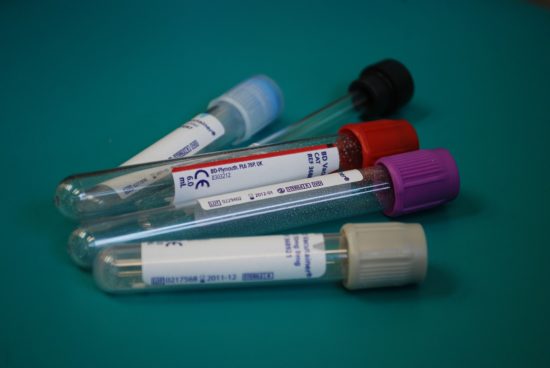Large increase in bloodstream infections with carbapenem-resistant Acinetobacter species during the first 2 years of the COVID-19 pandemic, EU/EEA, 2020 and 2021
Bloodstream infections (BSIs) with Acinetobacter species commonly have poor outcomes, especially in intensive care unit (ICU) patients. Acinetobacter spp. is intrinsically resistant to many antimicrobials, and additional acquired resistance further complicates the treatment of serious infections in already vulnerable patient groups. Recent data from the European Antimicrobial Resistance Surveillance Network (EARS-Net) show a large and statistically significant increase in reports of Acinetobacter spp. BSIs in the European Union (EU) and European Economic Area (EEA) during the period from 2017 to 2021. Most of this increase occurred in 2020 and 2021, the first years of the coronavirus disease (COVID-19) pandemic. Here we further explore this trend in a subset of data from laboratories that continuously reported data during that period.
AMR NEWS
Your Biweekly Source for Global AMR Insights!
Stay informed with the essential newsletter that brings together all the latest One Health news on antimicrobial resistance. Delivered straight to your inbox every two weeks, AMR NEWS provides a curated selection of international insights, key publications, and the latest updates in the fight against AMR.
Don’t miss out on staying ahead in the global AMR movement—subscribe now!







